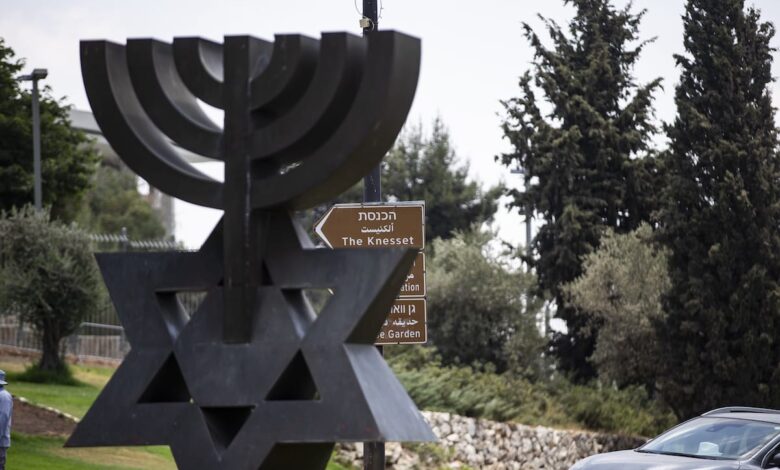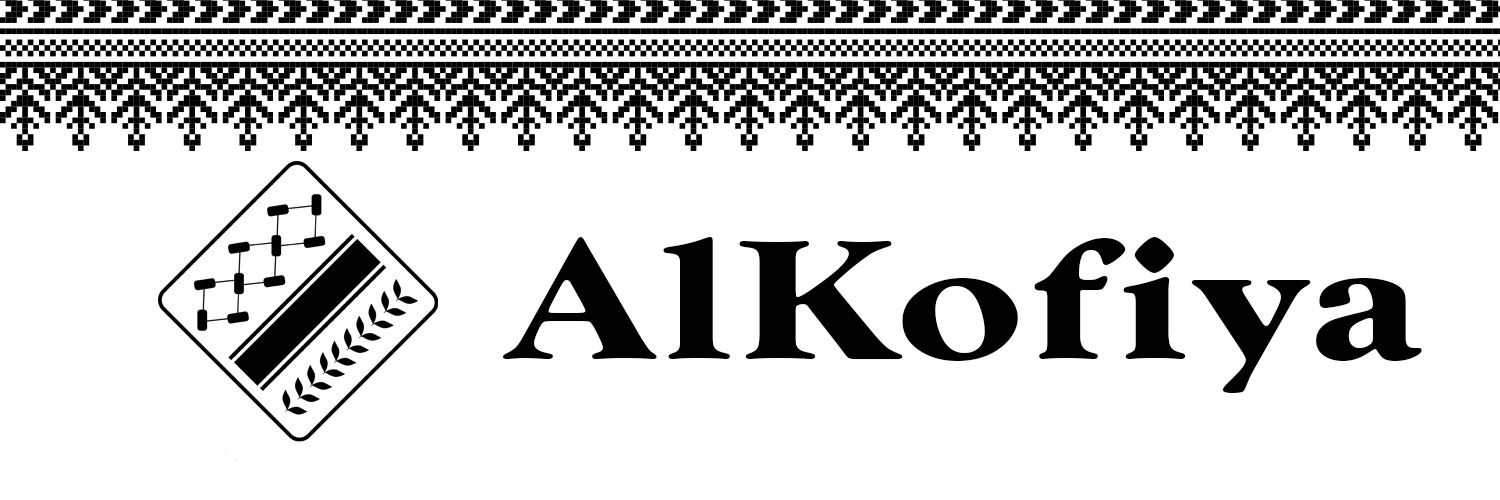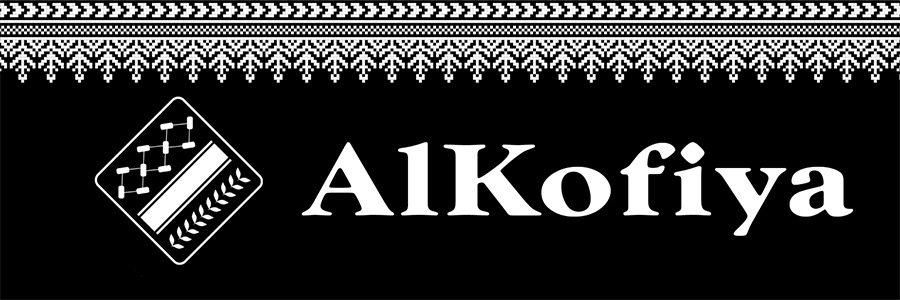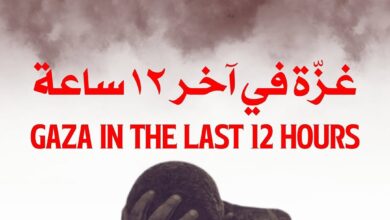
Israel draft law seeks to ban Arab students from political activity
The Israeli Ministerial Committee for Legislation has approved a draft bill aimed at banning the political activity of Arab students in Israeli universities under the pretext that such action is “supporting terrorist organisations.”
Education Minister Yoav Kisch approved a provision of the bill submitted by Member of the Knesset Limor Son Har-Melech of the far-right Otzma Yehudit Party.
The draft law provides for “the closure of a student cell (a student organisation in the corridors of the university) that expresses support for a terrorist act or activity or a terrorist organisation, by the concerned academic institution.”
Commenting on the bill, Yoav Kisch said: “I wish there would be no such cases in academia, but it is clear to everyone that it is impossible for students studying in the State of Israel to support terrorist acts and terrorist organisations that affect the citizens of the country, under the auspices of academic institutions.”
The bill’s explanation states that academic institutions have become “a central platform for incitement in the State of Israel.”
It also stated that “at Tel Aviv University, Ben-Gurion University and the Hebrew University, students organised demonstrations explicitly supporting the intifada, and in some cases openly chanted slogans in support of terrorists from terrorist organisations.”
The explanation of the law stated that “students were arrested on suspicion of involvement in terrorist incidents, and some were even convicted, and all this occurred without an appropriate response from academic institutions.”
MK Har-Melech claimed that “the current legal framework does not allocate sufficient tools for academic institutions to act against explicit support for terrorism.”
The law proposes “to put an end to incitement in academia, and to confirm that it is not permissible to express support for armed struggle against the State of Israel, a terrorist act or terrorist organisation, and that it is not permissible to raise the flag of an enemy state, a terrorist organisation, or the Palestinian Authority over the buildings of an institution of higher education.”
According to the proposal, “Violation of these prohibitions will result in the student being suspended by the institution, for a period of not less than 30 days, and the student who commits such a violation again, will be permanently expelled from studying at that institution, and will be deprived of the right to have a recognised degree awarded in Israel or outside.”
The law also stipulates that “any student cell acting in violation of the bill will be closed and will lose the right to their degree from Israel or abroad being recognised for a period of 10 years.”
However, the government’s legal adviser, Gali Bharav-Miara, opposes the bill that would see students removed from university for raising the Palestinian flag or expressing support for activity against the Israeli occupation. He considered the bill to present “real constitutional difficulties that amount to a constitutional impediment, and therefore I recommend opposing it.”
“The current draft law includes measures that would affect freedom of expression and protest, as well as freedom of work, and this would lead to preventing higher education in contexts that have nothing to do with terrorism,” added Levin.
The Hebrew University Board of Trustees issued a statement calling on the Ministerial Committee for Legislation to oppose the bill.





